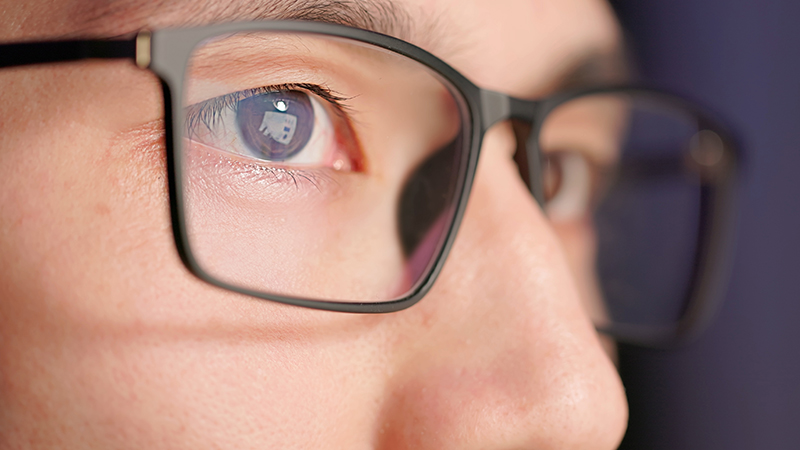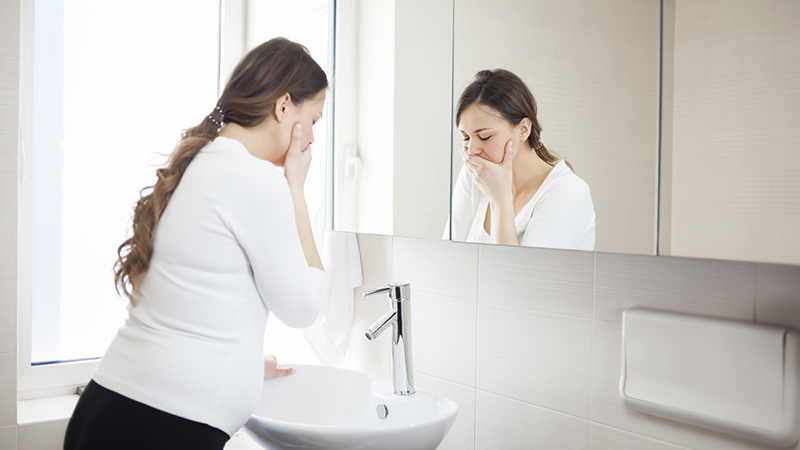Summer Germ Alert: 5 Hotspots to Watch
Find Out Which of Your Summer Staples Are a Bacteria Breeding Ground
Updated June 2023
Bacteria loves moisture. So that damp towel from your latest trip to the beach could be home to more than an extra grain of sand. The following summer staples are a haven for some very unwelcome germs such as:
- Cryptosporidium (crypto)
- Legionella
- Giardia
- Norovirus
- Pseudomonas aeruginosa
The truth is, germs are all around us.— Michael P. Angarone, DO
All of these can cause diarrhea, vomiting and skin rash as well as ear, eye and respiratory infections. Learn how to protect yourself and your loved ones.
Public Pools
Summer fun isn’t the same without ample time poolside. Pools can also be home to several types of germs. According to the Centers for Disease Control and Prevention (CDC), the average swimmer contributes at least 0.14 grams of fecal matter to pool water when they get in. So, if a swimmer happens to have diarrhea from norovirus, giardia or crypto and droplets of their fecal matter are shed in a pool, other swimmers will be exposed to that virus.
While this is unsettling, taking proper precautions can allow you to still enjoy a dip:
- Before you get in the pool, rinse off using a shower.
- Don’t swallow pool water.
- After swimming, dry your ears and wash your hands.
Goggles
Wet swim goggles are a perfect host for germs and mold, especially if you toss them into a gym bag. Just like germs in the pool, germs left on goggles can result in skin rash and infections as pathogens have access to your body through your eyes. After a day of swimming at the beach, pool or lake:
- Rinse your goggles with tap water to help remove any chemicals or bacteria.
- Carefully use dish soap with your fingers, as cleaning products may scratch the lenses.
- Wash the rubber area that touches your skin.
- Let your goggles dry completely before storing them.
Beach Towels
Sand can harbor just as many, if not more, germs as water. To properly clean beach towels, follow these simple steps:
- Let your towels air dry completely.
- Shake to remove as much sand as possible before washing them.
- Choose a regular wash cycle over a short or gentle cycle to give towels time to soak in the detergent bath.
- Use warm or hot water for maximum cleanliness.
- Dry towels on medium heat or hang dry.
Use the same process every time the towel gets wet to help keep bacteria away.
Sandboxes
The sandbox in your backyard or nearby park is a magnet for bacteria and parasites, including Clostridioides difficile (C. diff). If left uncovered, raccoons, cats and other animals may use it as a litter box, increasing the chance of spreading pathogens (any organism such as bacteria and parasites that can cause disease). And, when sand gets wet from rain, child’s play or urine, pathogens thrive. To keep this play area as germ-free as possible:
- Frequently remove clumps or debris from the sand.
- Don’t allow your pets to play in or near the sandbox.
- Make sure children wash their hands before and after play.
- Put a lid on it after every use. If sand is wet, let it to fully dry before covering.
Flip-Flops
Depending on where you’ve been, a pair of these footwear favorites can be home to thousands of germs. Consider reserving your flip-flops for poolside and removing them — hands-free — when you get home. To wash your flip-flops, just put them into a bucket with warm, soapy water. Use a scrub brush to clean the surface and let them air dry completely.
“The truth is, germs are all around us,” says Michael P. Angarone, DO, an infectious disease expert at Northwestern Medicine. “Enjoy your summer, but take proper precautions to protect yourself and others. Most importantly, wash and fully dry your favorite beach items after use and avoid swimming if you are sick.”






